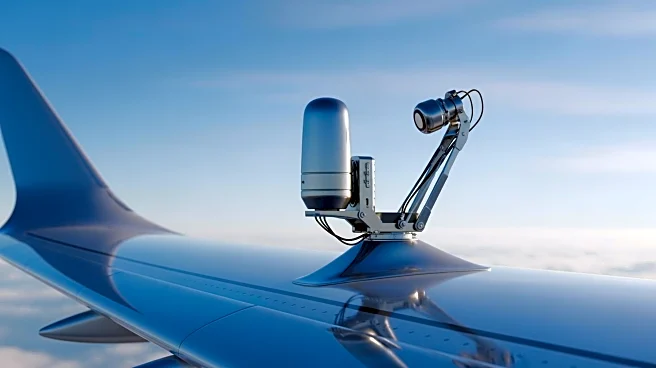Rapid Read • 9 min read
A centralized hotel platform utilizing a hub-and-spoke architecture is being highlighted for its ability to enhance guest experiences and drive revenue. This system design involves a powerful central hub with embedded microservices that ensure informational integrity across various modules, while also allowing flexibility to connect with best-in-class platforms for specific operational needs. The integration of these systems enables better service, upsells, higher total revenue, reduced cost per occupied room (CPOR), and more managerial time. The platform focuses on creating a single source of truth through a centralized guest profile, which aids in CRM segmentation accuracy and personalized service. This approach helps eliminate redundant profiles, leading to richer guest profiles and improved service personalization, such as recognizing high-value guests and tailoring offers to their preferences.
AD
The implementation of a centralized hotel platform is significant for the hospitality industry as it addresses the need for personalized guest experiences and operational efficiency. By leveraging a hub-and-spoke architecture, hotels can streamline their operations, reduce costs, and enhance guest satisfaction, which is crucial in a competitive market. The ability to recognize high-value guests and make data-driven decisions without human intervention can lead to increased loyalty and direct bookings. This technological advancement not only improves service delivery but also maximizes total revenue per available guest (TRevPAR), which is a key performance indicator for hotels. As the industry moves towards more data-driven approaches, such systems are essential for future-proofing hotel operations and maintaining brand competitiveness.
Hotels adopting this centralized platform can expect to see improvements in guest loyalty and revenue generation. The next steps involve further integration of ancillary platforms to enrich guest profiles and enhance CRM segmentation. As hotels continue to refine their systems, they may explore additional use cases for interoperability, such as dynamic suppression of irrelevant promotions and automated upsell logic. Stakeholders, including hotel management and technology providers, will likely focus on expanding the capabilities of these systems to cover more nuanced aspects of personalized service. The ongoing development and adoption of such platforms will be crucial in setting industry standards for guest experience and operational efficiency.
The shift towards centralized hotel platforms reflects broader trends in the hospitality industry, where data-driven decision-making and personalized service are becoming increasingly important. This development raises ethical considerations regarding data privacy and the balance between automation and human interaction. As hotels collect and utilize guest data, they must ensure compliance with privacy regulations and maintain transparency with guests. Additionally, the cultural shift towards technology-driven service may impact traditional hospitality roles, requiring staff to adapt to new technologies and workflows. Long-term, this trend could lead to a redefinition of guest service standards and expectations in the industry.
AD
More Stories You Might Enjoy











